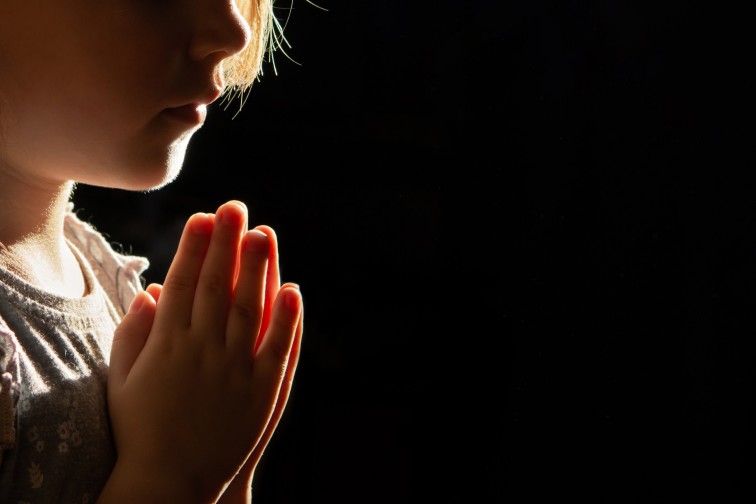Last week, our very own T. Kurt Jaros provided a timely post-election reminder that “there already is a king who is lord over our lives.” Although his kingdom is not yet fulfilled, Jaros notes, it is indeed here.
Yet this doesn’t mean we are to be completely detached from politics, nor should we assume politics to be completely detached from worship of the one true king. As Jaros also reminds us, our earthly systems can have a significant impact on the degree to which we are permitted to live freely and openly in service of that king.
Over at Café Hayek, Russ Roberts offers a similar reminder, albeit without assuming an overtly Christian stance. Roberts reminds us that as believers in individual liberty, we are, in turn, believers in a human project that transcends our politics—a civil society that develops from the bottom up, neither beginning nor ending on any given election day and dependent on neither any given political ruler nor any particular policy agenda.
Again, this needn’t mean that we walk away from politics altogether. Indeed, even in our direct contemplations about political reality, we should be viewing things through this particular lens and putting politics in its proper place. What types of individuals are we cultivating and elevating? What types of ideologies are we as a people endorsing? If politics truly is downstream of culture, as Wesley Gant recently reminded us, what can our political elections tell us about our culture?
When it comes to politics, Roberts argues that this means assuming a diligent, long-term approach:
The lesson I learn is that we have work to do. It’s our job to speak up and educate and cajole others about what we lose when government gets bigger. It’s our job to help people understand that the civil society that emerges from the bottom up is better than the coercive dictates decreed from the top down… We have work to do. The Talmud, talking about the obligation of a Jew to improve the world and do what God expects of us, says that it is not up to you to finish the task, but neither are you free to walk away from it. You may or may not believe that liberty hastens the redemption of the world. But the Talmud’s insight is that small steps can eventually make a big difference. I can’t bring about liberty single-handedly. Neither can you. But all of us together make a difference. Which way should we choose? More bottom up or more top down? The American people just elected the king of top down, but it was close, and my claim above is that the result reflects a lot more than the appeal of “top down” policies. Let’s keep at the job and we’ll eventually have better candidates to choose from and better results.But when it comes to the full scope of human experience—the places “where life happens,” as Roberts explains it—we needn’t wait for Politician X or Policy Agenda Y for us to get our hands dirty in cultivating the thriving civic culture we yearn for. All our political activity is, after all, one piece of this grander puzzle. The benefit of prioritizing individual liberty is that our quest for culture and community continues each and every day:
My other source of cheer is to remember that politics is not where life happens. Policies affect our lives, but we have much to do outside that world. Yesterday I helped my youngest son learn Python, learned some Talmud, played with my photographs on Lightroom, had dinner with my wife, and went shopping with my oldest son for his first nice blazer. Lots of satisfactions there. Nothing to do with politics. Toward the end of the campaign, I saw an ad where Obama looked into the camera and said something like “look at my policies and those of my opponent and decide which one is best for you.” Those of us who believe in voluntary emergent order and civil society as a way to make the world a better place, reject Obama’s calculus. We believe that our policies aren’t just good for ourselves but allow everyone to reach their potential and serve others through the marketplace and the communities we choose to join and build. That’s a world I want not just for my children to but for your children, too. Being nice to your neighbor helps your neighbor imagine the possibility that the policies we pursue are not just about ourselves.For both the Christian and the Jew, this “voluntary emergent order” begins with loving God and loving neighbor. We certainly need to make clear the state’s persistent attempts to intrude and subvert that order, but throughout such a struggle, particularly after a battle as aggressive and exhausting as this past election, we would do well to re-energize ourselves when it comes to pursuing the very callings and vocations we elevate and esteem in our political philosophy. Like Roberts, I am far less concerned by an Obama presidency than by a culture that would affirm the rhetoric and policies of his campaign. The good news is that although the election is over, the fight for culture continues.


